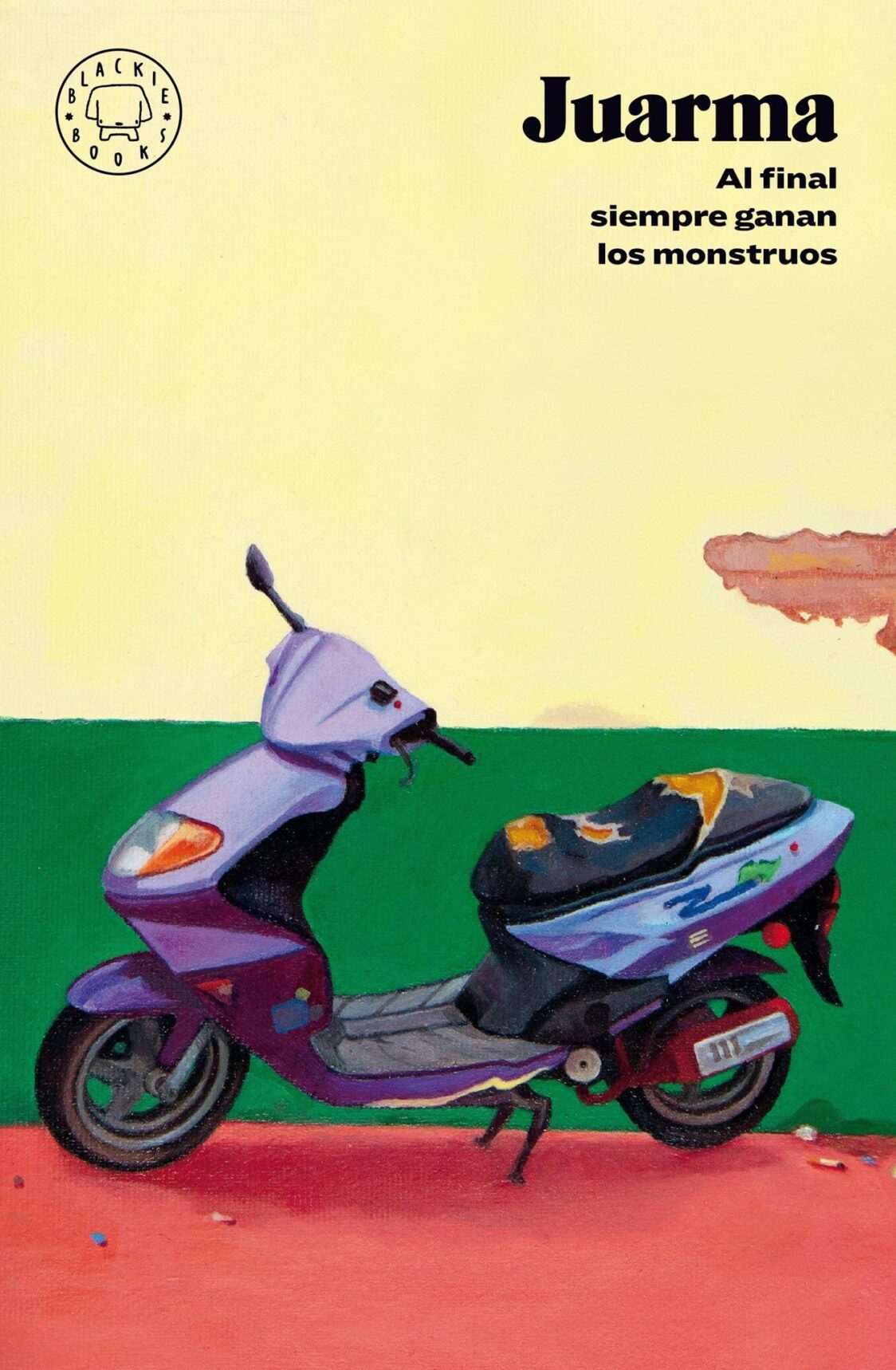In the End, Monsters Always Win | Punki
The misfits, the weird ones, and the ones who went astray.
This is the story of Juanillo, “The Cockroach”, Lolo, Jony, Vanessa, and a few others. They’re a group of thirty-somethings with dyed hair and who listen to music that’s too loud, who drink beer and way too much junk food. They are childhood friends who spend their days together in Villa de la Fuente, their rural hometown in southern Spain. Although their lives have gone down very different paths and each of them cares about very different things, all of them have one thing in common: they are drug addicts, especially to cocaine, which is an escape from the miserable lives they are leading.
Cocaine doesn’t cause evident harm to the body, so the young protagonists can try to hide their dependance from their loved ones, their work colleagues, and other acquaintances. However, secrets can’t be kept forever.
Their lives drastically change when Juanillo is hospitalized and spends eight days in a coma. This is the grotesque result of a robbery he suffered while he was keeping an eye on his friend Jony’s weed plantation. From the accident onwards, the protagonists share their point of view on the incident, everything that came before, everything they’re currently experiencing and the events that unfold afterwards. All of them share the same life perspective, as in they’re all sure that, in the end, the monsters we hide within will always win.
In Punki, Álex and Paula —who goes by Polly, like the Nirvana song— are best friends since childhood, companions of tears, drunken days, sleepless nights, laughter, and hardships. They both live in Villa de la Fuente, a small town in Granada whose streets and houses are full of misfortune and pain. In this melancholic setting which they can’t wait to escape, they find comfort in one another and promise each other that one day they will leave everything behind and begin anew, together.
Despite their intimate connection, the young duo has a certain problem sharing their feelings: they have so much to say that, sometimes, words aren’t enough. Because of this, they communicate through music tapes.
This work, divided in A-side and B-side, is, above everything, a love story: about love that’s mutual but you don’t know it is, about love that’s so deep you don’t reveal it, scared of losing the other person, and about the consequences of keeping that secret. But Punk also tells the tale of the rest of the townspeople, such as the “Knockglasses” family, the “Manolillos” or the “Superdumbs”. Villa de la Fuente is a place full of history, inhabited by complex and strange people, whose shadow is so long that, just like the protagonists will learn, it’s impossible to escape.
RELEVANT INFORMATION: In the end, the monsters always win was originated in an online book club, where Juarma would publish the stories of the protagonists. The overwhelming interest of the readers led the author to intertwine the plots, resulting in this addictive novel. This book is the first installment of the Villa de la Fuente series, a hexalogy (still in progress) about the inhabitants of this symbolic town.
In the end, the monsters always win is Juarma’s debut novel. The author was previously known for his work as a cartoonist and for his underground comics. Juarma, who has a notable following on social media, entered the world of literature with remarkable success, both in terms of sales, with 25,000 copies sold, as well as critical acclaim, where his masterful and poignant writing style was preised. This novel also has great potential for adaptation to the screen: its mix of tragic plots with moments of humorous lightness is reminiscent of acclaimed series such as Shameless or the praised Argentine film Wild Tales.
What the critics have said:
“Trainspotting in a village in Granada. A novel that could have been written by Irvine Welsh or Saint Teresa of Jesus. Psychotropic, explosive, locally rooted.” Cristina Morales
“In the novel, we find a recognizable color palette of the youth in rural Spain, alongside the fast-paced rhythm, raw humor, and tenderness. With these elements, like in a twilight-like western and ‘quinqui’ film, the decline of the wild group is narrated.” ABC
“Juarma is not only the most honest writer in the current scene. He is also talent, laughter, and wound. This book is a miracle in our literature.” Miqui Otero.
AUDIOVISUAL POTENTIAL: TV Series, Miniseries, Film, TV Movie.
LANGUAGES AVAILABLE: Spanish.

Adquirir los derechos
Para ponerte en contacto con nosotros completa el siguiente formulario y te responderemos en breve.

